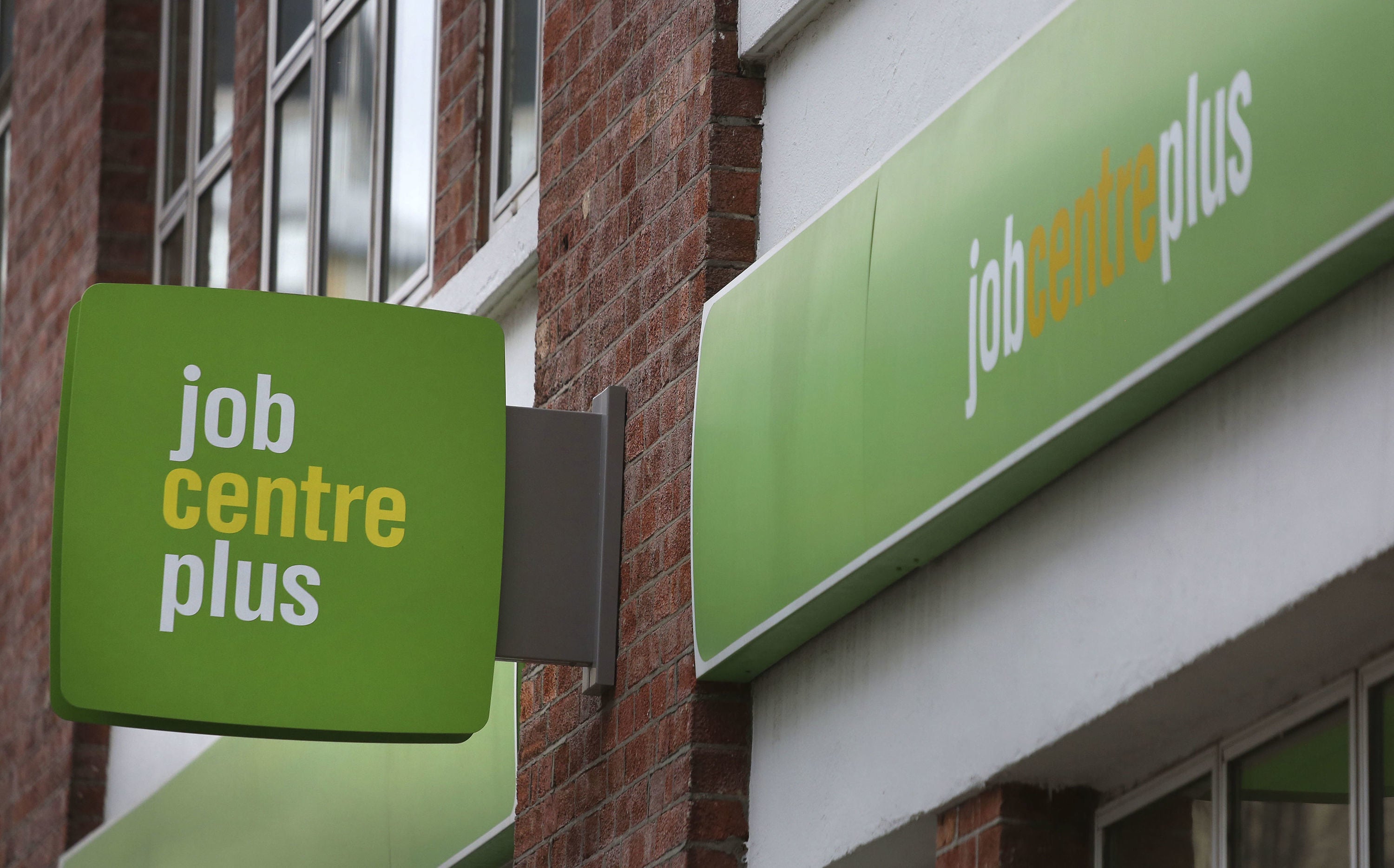Full extent of pandemic’s impact on jobs still uncertain, says National Audit Office
Government to spend £2.5bn this year on supporting people into employment, but timing of schemes may miss peak of joblessness

The extension of the furlough scheme means that Covid-19's impact on unemployment is still not fully known, Whitehall's spending watchdog has said.
The government is set to spend £2.5bn on supporting people into work this year but there is a risk that current plans are not timed to match demand, the National Audit Office said.
It warned that programmes such as Kickstart, which offers funding to get young people into work, are due to end in December, at the same time as unemployment is expected to peak.
The government extended the furlough scheme to the end of September to deal with a resurgence of coronavirus cases which prompted further lockdowns.
That measure has helped to keep people in jobs but means the unemployment rate is expected to peak later than previously forecast.
The number of people who will return to their old jobs remains uncertain, the NAO said.
Its report on the government's employment support programmes also highlighted the uneven impact of the pandemic on different groups.
Black people aged 16 to 24 have seen the largest impact on employment of any demographic, with the jobless rate rising to 41.6 per cent in the final three months of 2020 – a rise of 17.1 percentage points since the pandemic began.
That compares to an overall unemployment rate of 5.3 per cent during the same period.
While the Department for Work and Pensions has attempted to target its schemes at those who have been hit hardest by the pandemic, government data on vulnerable and disadvantaged groups is incomplete, the NAO said.
Lack of data can make it difficult to ensure schemes are appropriately targeted at people most in need, the NAO said.
The watchdog also pointed to a risk that the schemes do not create employment beyond what would have happened anyway.
The NAO said: "The Department is implementing major schemes such as Kickstart and Restart at pace, which we have previously found heightens risks such as: managing market capacity to deliver; avoiding perverse incentives; targeting the schemes effectively; and producing the impact intended."
Rishi Sunak has launched a series of initiatives aimed at preventing long-term "scarring" to people's job prospects and earnings which can result from periods of unemployment.
The chancellor's flagship Kickstart scheme Aims to create additional jobs for people aged 16–24 on Universal Credit that will provide employment for at least 25 hours per week, for six months, with support to improve employability. It is projected to cost £1.9bn by 2022.
A separate £2.9bn scheme called Restart gives Universal Credit claimants who have been out of work for between 12 to 18 months enhanced support to find jobs.
Join our commenting forum
Join thought-provoking conversations, follow other Independent readers and see their replies
Comments
Bookmark popover
Removed from bookmarks